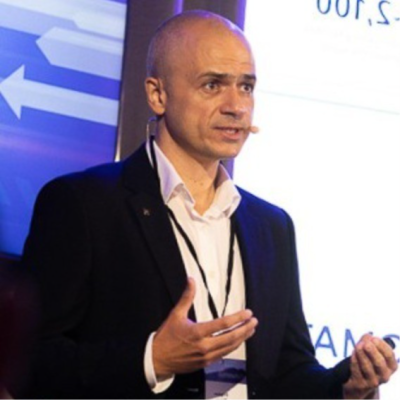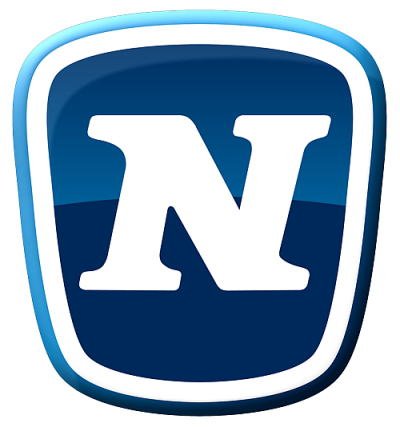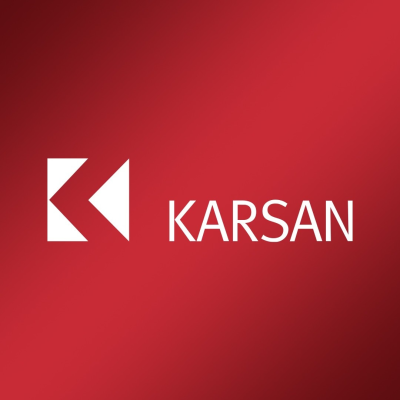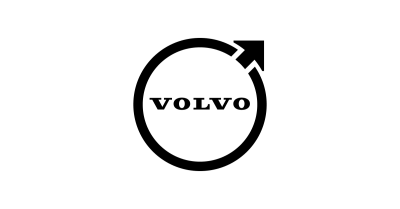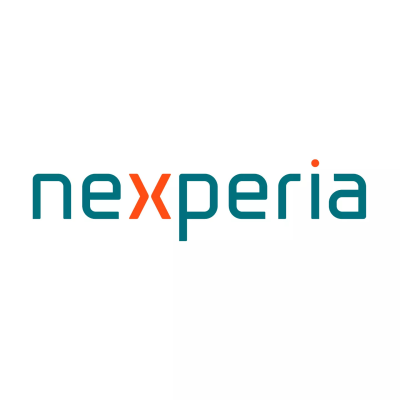Conference Day 2, Friday, 5 December 2025
8:45 am - 9:45 am
Workshop B: Building Agentic AI Systems with AI Foundry and Co-Pilot
Pooja Bhatia -
Senior Solution Engineer,
Microsoft
• This workshop provides an overview of AI Foundry and Co-Pilot capabilities, demonstrating
how these tools support the development and orchestration of agentic AI systems through
practical, hands-on examples.
• Demonstrates core features of AI Foundry for scalable AI model development and
deployment, enabling autonomous agent behavior in complex workflows.
• Explores Co-Pilot integration to enhance developer productivity with AI-assisted coding
and automation, facilitating multi-agent collaboration and decision-making.
• Walks participants through real-world scenarios showcasing AI Foundry and Co-Pilot in
action, highlighting their role in building and managing agentic AI systems.
9:55 am - 10:00 am
Chairman’s introduction
Armand Angeli -
Vice-President, Digital Transformation and International Groups, DFCG and Expert,
DFCG

Armand Angeli
Vice-President, Digital Transformation and International Groups, DFCG and ExpertDFCG

10:00 am - 10:20 am
Opening Keynote: Rethinking AI and how Agents impact Business and Humanity
Daniel Hulme -
Chief AI Officer,
WPP
• Definition of intelligence and decision-making in the context of AI, questioning the
assumption that more data automatically leads to better outcomes
• Application of agentic systems to augment human creativity, enable adaptive operations,
and support long-term innovation across sectors.
• Assessment of AI’s broader impact on society, governance, and human agency over the
coming decades, including ethical and economic implications
10:20 am - 10:50 am
From Sci-Fi Dreams to Production Reality: Implementing AI in Public Service Media
Calle Gisselsson -
Exekutiv producent / Projektledare,
SVT (Sveriges Television AB)
• Redefining the Production Pipeline - How AI compressed our workflows and enabled new forms of storytelling.
• Building AI Literacy in Creative Teams - Practical strategies for upskilling traditional media professionals and overcoming resistance in established broadcast environments
• Ethical AI - Implementing transparent AI usage policies, ensuring data privacy compliance, and maintaining trust with audience and regulators • Measuring Success Beyond Efficiency - KPIs for AI transformation in public service media: audience engagement, creative satisfaction, and long-term sustainability metrics
10:50 am - 11:10 am
Agentic AI Unleashed: The Power and Pitfalls of Multi-Agent Systems
Dr. Bogdan Pirvu -
Head of Data & Analytics,
Novomatic AG
• Exploring fundamental technical aspects of AI agents, including core capabilities and
architectures enabling agentic behavior.
• Discussing multi-agent systems with collaborative and competitive AI agents pursuing
shared objectives, and their superior use cases.
• Highlighting challenges in deploying multi-agent systems, such as error amplification and
suboptimal system behavior, and implications for business users.
11:10 am - 11:40 am
Coffee Break and Networking
11:40 am - 12:00 pm
From Engineering to Customer Experience: Deploying AI Agents in Manufacturing Workflows
Haydar Vural -
Chief Digital Officer (Cdo),
Karsan
• How autonomous agents are being integrated into engineering workflows across the
product lifecycle, supply-chain, purchasing and manufacturing operations.
• Use cases for AI in product life cycle (PLM) systems and within design teams.
• Breaking silos in manufacturing and using agents to unite the path from design phase to
final customer experience
12:00 pm - 12:20 pm
From Centralized to Federated: Scaling AI Across the Enterprise at Grupo Piñero
Jose Ramon Reboredo Mera -
Head Data Analytics & AI,
Grupo Pinero
• How a global organization transitioned from a centralized AI unit to a federated model, redefining roles and responsibilities across business functions
• Lessons learned from building a cross-functional AI culture — from AI product owners and prompt engineers to data domain stewards
• Practical insights into business-user enablement, governance balance, and training programs that make AI adoption sustainable and scalable
• Insights into how new team structures align with regulatory expectations and support
scalable, cross-functional AI deployment.
12:20 pm - 12:40 pm
From Generative to Agentic AI: Building Predictive and Prescriptive Insights at Scale
• Leveraging GenAI not only for descriptive outputs, but combining it with predictive and prescriptive analytics to generate actionable insights.
• Tackling the complexity of targeting diverse data foundations across multiple business units, balancing scalability with quality.
• Lessons learned from Sanofi Consumer Healthcare’s journey, including successes, mistakes, and next steps in moving from experimentation to enterprise adoption.
12:40 pm - 1:00 pm
Agentic AI in Practice: Moving Up the Value Chain with Secure and Trustworthy Architectures
Sonika Kapil -
AI & App Chief Architect,
Microsoft
• Showcasing real-world applications of agentic AI across automotive, pharma, finance, and insurance sectors.
• Examining how enterprises structure secure, compliant multi-agent systems using frameworks like Semantic Kernel and Autogen.
• Reviewing evaluation strategies for GenAI quality and responsible AI design under evolving regulatory expectations.
1:00 pm - 2:00 pm
Lunch break
2:00 pm - 2:20 pm
From LLM to API Call: Integrating Language Agents with Enterprise Systems
Avinash Jha -
Senior Director | Head of API & Integrations,
Volvo Group
• Connecting LLM-powered agents to internal systems through APIs to automate tasks across domains such as customer service, compliance, and operations.
• Introduction of middleware strategies, API wrappers, and lightweight orchestration layers to ensure robust and secure AI-to-system interactions.
• Governance and team enablement challenges in exposing enterprise functionality to GenAI tools while maintaining control and compliance.
2:20 pm - 2:40 pm
Unlocking Hidden Knowledge with our RAG Chatbot Nexi: From accelerating Semiconductor R&D to Organization-Wide Impact
Ulrike Petrusch -
Project Manager,
Nexperia Germany Gmbh
• How GenAI transformed our R&D Risk and knowledge
management by introducing our R&D chatbot “nexi”
• A solution built for 120 R&D specialists iand its integration into
a global IT AI strategy for a >10.000 employee company.
• Lessons learned and how we are approaching challenges
like organizational boundaries, resource and competence
constraints, accuracy, relevance, hallucination, speed, AI
adoption in the teams and balancing the AI hype within the
company
2:40 pm - 3:00 pm
Turning Unstructured Data into Strategic Insight with Agentic AI
Dr. Nikos Papapesios -
Associate, Head of Innovation Analytics,
Knight Frank LLP
• Showcasing Knight Frank’s journey in scaling agentic AI to transform real estate intelligence workflows, with examples from research summarization to brochure data extraction.
• Outlining the path from proof-of-concept to production: identifying client needs, iterative prototyping, user evaluation, and readiness testing.
• Highlighting governance, ethical considerations, and how agents add value across backend automation and clientfacing interactions.
3:00 pm - 3:05 pm
Closing Remarks and end of the Conference
Armand Angeli -
Vice-President, Digital Transformation and International Groups, DFCG and Expert,
DFCG

Armand Angeli
Vice-President, Digital Transformation and International Groups, DFCG and ExpertDFCG





